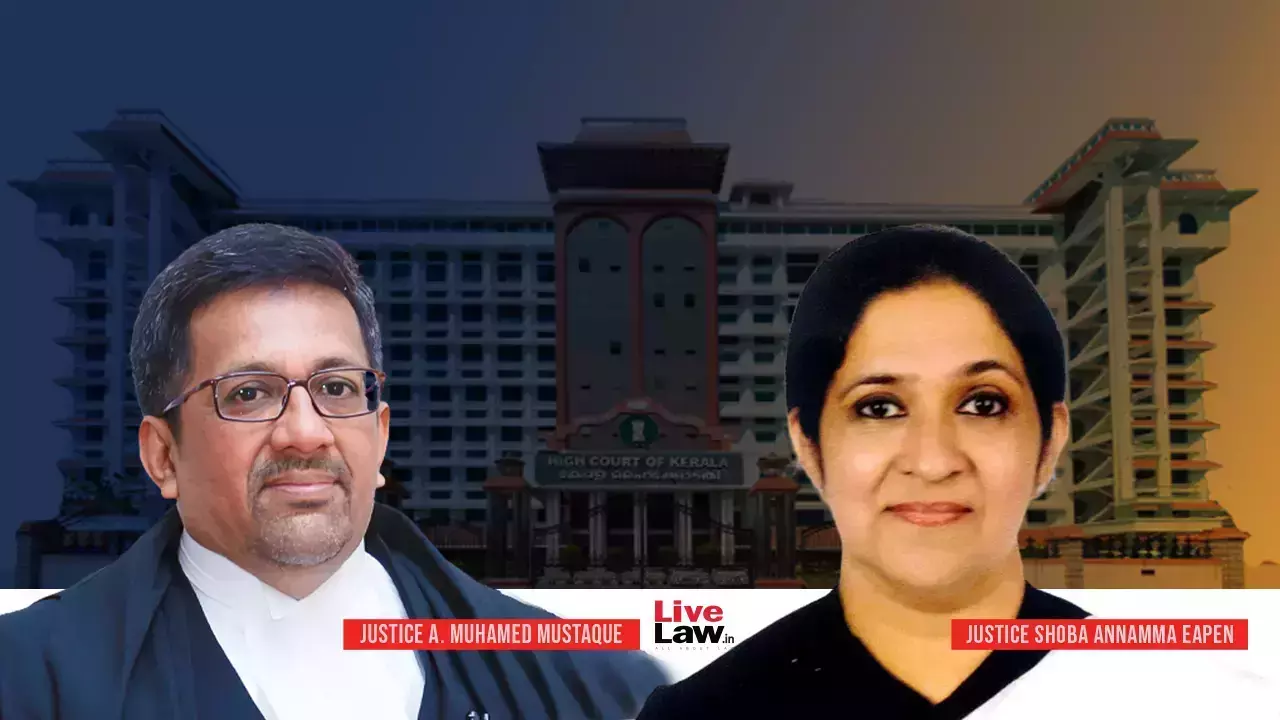Mere Procedural Violations Not Sufficient To Vitiate Lok Adalat's Award Of Settlement: Kerala High Court
Navya Benny
27 Nov 2023 6:54 PM IST

Next Story
27 Nov 2023 6:54 PM IST
The Kerala High Court has recently held that in order to vitiate an award passed by a Legal Services Authority, it would have to be established that the Authority had no jurisdiction to pass such an award, and mere procedural violations would not suffice. A division Bench comprising Justice A. Muhamed Mustaque and Justice Shoba Annamma Eapen dismissed an intra-court appeal against a...
